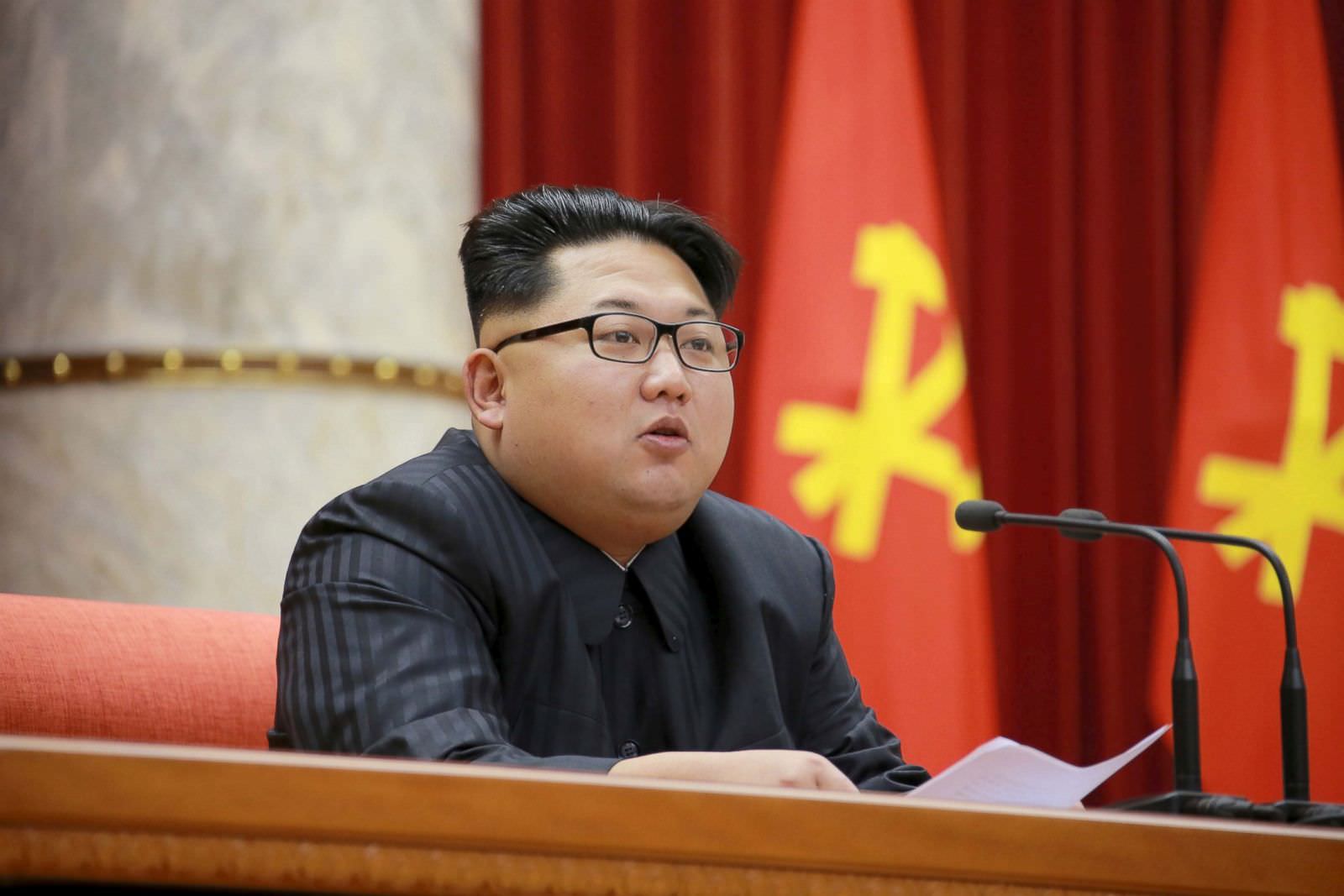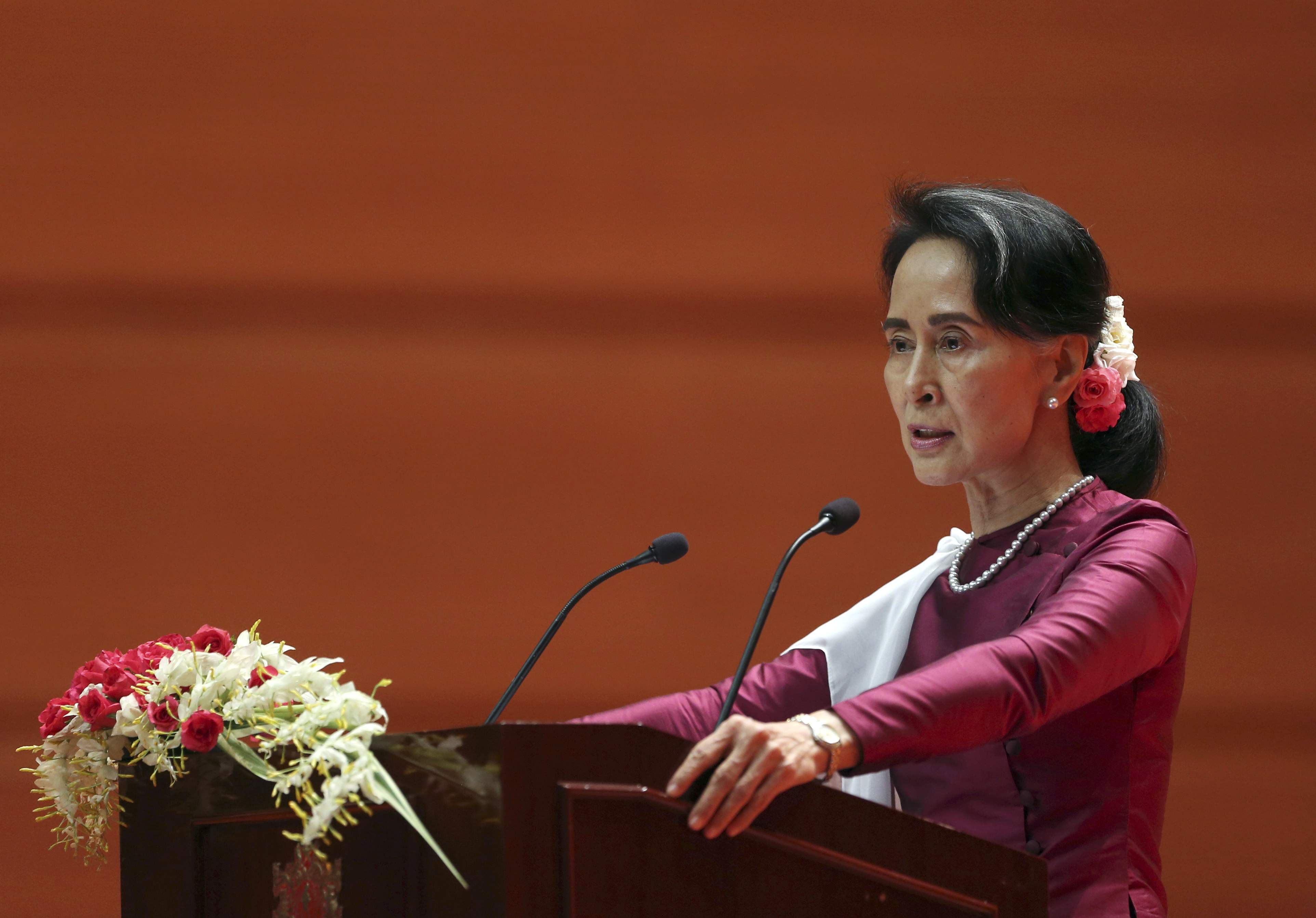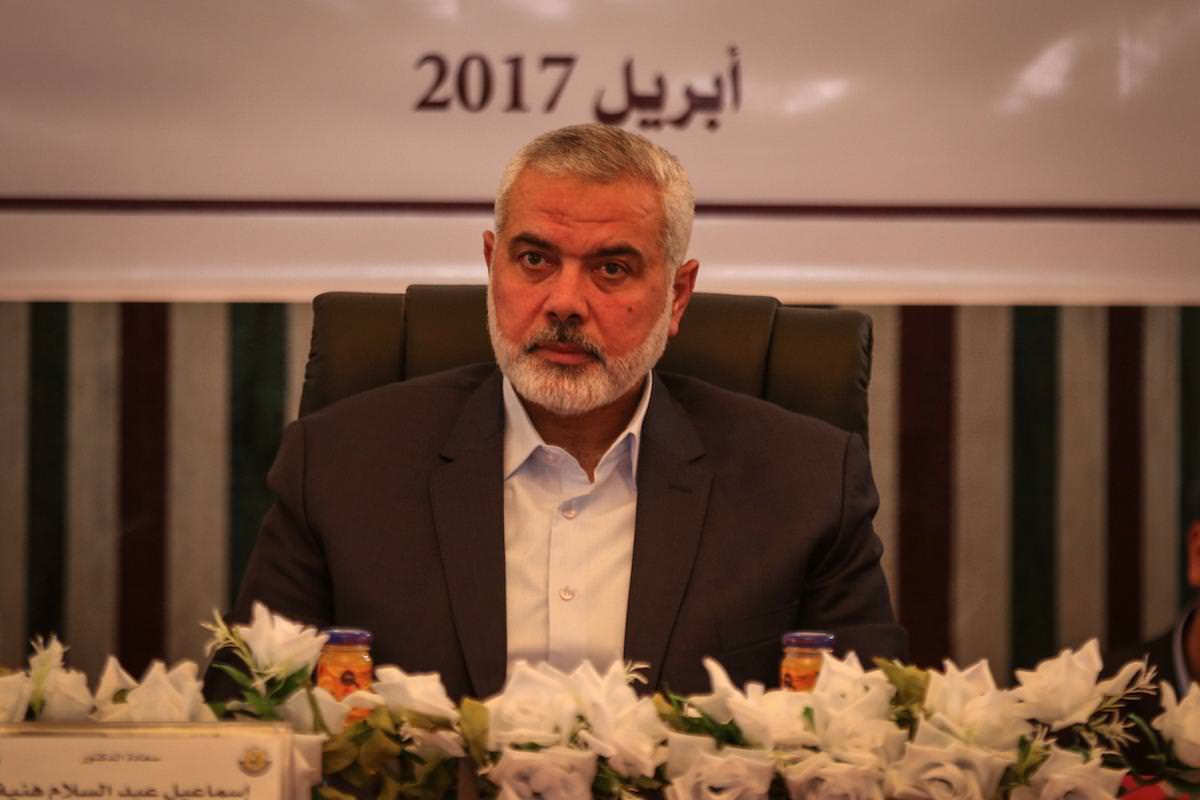Geopolitical Weekly n. 269
North Korea
 On the 20th of September, during his first remarks to the United Nations General Assembly, United States President Donald Trump harshly condemned North Korea’s provocative attitude and reaffirmed US commitment to resort to a strong military solution if tensions worsened. North Korea’s interest in nuclear capabilities creates instability and the rising tensions that have been heavily felt by the United States’ Administration. As the US President’s rhetoric has the similar fiery appeal as it has in the past, the harsh rhetoric towards North Korea has become increasingly more prevalent due to recent developments, suggesting that the United States is prepared to take preemptive action to any deterrent or threat too close to call.
On the 20th of September, during his first remarks to the United Nations General Assembly, United States President Donald Trump harshly condemned North Korea’s provocative attitude and reaffirmed US commitment to resort to a strong military solution if tensions worsened. North Korea’s interest in nuclear capabilities creates instability and the rising tensions that have been heavily felt by the United States’ Administration. As the US President’s rhetoric has the similar fiery appeal as it has in the past, the harsh rhetoric towards North Korea has become increasingly more prevalent due to recent developments, suggesting that the United States is prepared to take preemptive action to any deterrent or threat too close to call.
These comments fall in wake of the United Nations Security Council’s decision to adopt new sanctions resolution meant to encourage North Korea to eliminate its accelerating nuclear program and missile tests. Indeed despite the International Community’s resolve to try to engage Pyongyang diplomatically, on September 14th, North Korea fired yet another ballistic missile over Japan.
The evolution of North Korea’s efforts to become a nuclear power has made progress in the last years despite the backlash from the International Community. Its current leadership has one essential goal – ensuring the country’s survival – which is why the state has placed high priority on their interest in nuclear capabilities. The nuclear and ballistic missile program acts as North Korea’s ultimate insurance policy.
Myanmar
 On Tuesday 19th September, Myanmar State Counselor Aung San Suu Kyi delivered a speech to the Myanmar’s parliament that addressed the human right violations in the northern Rakhine state. This statement was her first address on the Rohingya crisis to the country that has seen more than 400,000 Rohingya Muslims cross into Bangladesh. Burma does not recognize Rohingya, insisting that they are illegal immigrants from Bangladesh, despite living in the region for many years.
On Tuesday 19th September, Myanmar State Counselor Aung San Suu Kyi delivered a speech to the Myanmar’s parliament that addressed the human right violations in the northern Rakhine state. This statement was her first address on the Rohingya crisis to the country that has seen more than 400,000 Rohingya Muslims cross into Bangladesh. Burma does not recognize Rohingya, insisting that they are illegal immigrants from Bangladesh, despite living in the region for many years.
Largely despised by the Burmese majority-Buddhist population, the Rohingya, mostly a Muslim minority, have been fleeing to Bangladesh for the past few years. Rohingya Muslims started leaving the Burmese nation in vast numbers, taking with them tales of their villages being burned and violent persecution at the hands of the Myanmar Army and police in the Rakhine area.
Ms. Suu Kyi, in her address, asserted that the army clearance operations in the region have ceased since September 5th. She did not address serious allegations against the military.
Satellite analysis by Human Rights Watch has shown, that despite Ms. Suu Kyi assurance that military operations have ceased, at least 210 of Rohingya villages have been burned to the ground in the past few weeks. Aung San Suu Kyi’s rhetoric is challenging as many international entities have criticized on her refusal to consider the Rohingya issues and try to mediate with Armed Forces. Ms. Suu Kyi’s relation with the military is an extremely important aspect, as the Armed Forces of Myanmar have significant control and political impact with the country. Suu Kyi’s seemingly out of touch and disconnected relationship with Myanmar’s powerful military remains problematic and harnesses any effort to grant humanitarian access for the plight of Myanmar’s Rohingya refugees and make efforts to restore peace.
Palestinian National Authority
 Hamas announced on September 17th that it would dissolve the Gaza administrative committee and expressed its willingness to hold general elections in the Palestinian territories. This could mean the end of a decade long rift between the West Bank and Gaza that originated in 2007 when Hamas forced out the Fatah led Palestinian Authority. The dissolution would allow a united Palestinian government to replace the committee and move toward general elections.
Hamas announced on September 17th that it would dissolve the Gaza administrative committee and expressed its willingness to hold general elections in the Palestinian territories. This could mean the end of a decade long rift between the West Bank and Gaza that originated in 2007 when Hamas forced out the Fatah led Palestinian Authority. The dissolution would allow a united Palestinian government to replace the committee and move toward general elections.
This announcement comes days after the negotiations that took place in Cairo between the rival Palestinians factions: Islamist Hamas and the Fatah Party. These Palestinian groups have attempted multiple times at reconciliation in the past, but these attempts have evaporated until now.
The attitude change of Hamas may have resulted from the group’s political distress and harsh economic condition in the Strip. Over the past few years, Hamas has been greatly weakened both internally and externally. Israeli and Egyptian blockades, increasing restrictions on exit permits, three wars with Israel, high unemployment, internal competition from hardline Palestinian Islamic Jihad, and increased international isolation have made any chance at gaining political strength extremely difficult.
Any reconciliation deal would still face many obstacles. Previous deals included an Egyptian brokered agreement in 2011 in which Fatah and Hamas professed willingness to reconcile. However, they eventually refused to give up power in their respective territories. Given the opportunity to participate in another election cycle, some polls show that if parliamentary elections were to be held again Hamas could win in both in the West Bank and Gaza. Hamas could end up with another victory and increase their political strength. However, the risk of a Hamas’ win could deter Fatah and further undermine the negotiations.